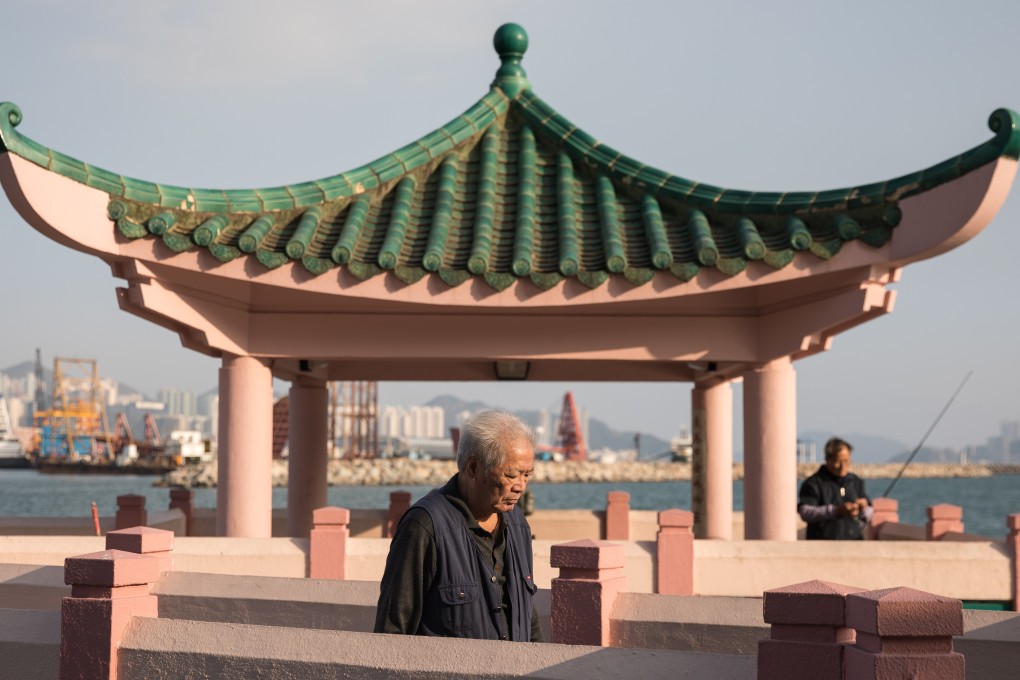Opinion | Ageing Hong Kong should aim to keep its elderly healthy and in a job, rather than eligible for welfare
- Paul Yip and Asghar Zaidi say the row over the Hong Kong government’s proposal to raise the age threshold for elderly welfare payments misses the more worthy battle to avert the negative impact of workforce decline

With improved medical science and a rising standard of living, most countries have seen a steady increase in life expectancy. Someone born in Hong Kong today, for example, could expect to live about 12 years longer than their counterpart did in 1960 and will have much better access to welfare support as well as healthcare provisions.
At present, 17 per cent of the population in Hong Kong is aged 65 or above, with more than 1.2 million people in this age group.
Although population ageing is first and foremost an achievement of our societies, it has posed challenges to systems of welfare support, health and long-term care, education and environment, all of which require adjustments to the new realities of our societies. Population ageing is particularly challenging in Hong Kong because we have an ultra-low fertility rate of 1.1 children per woman, which is considerably lower than the population-replacement rate of 2.1 and will soon lead to a shrinking of our working-age population.
However, focusing on challenges only gives rise to anxieties and runs the risk of motivating policy reforms that neglect the immense opportunities that come with population ageing. Policies focused on active ageing, by contrast, tap into the potential of older Hongkongers, by giving them opportunities in the labour market, helping them in their social engagements to live an independent, healthy and secure life. Greater employment among older workers also reduces our concerns about a shrinking population.
Amid the recent political storm over the government’s proposal to raise the retirement age threshold from 60 to 65 years for Comprehensive Social Security Assistance (CSSA) recipients, it should be noted that such a move is a popular active ageing policy pursued worldwide.


